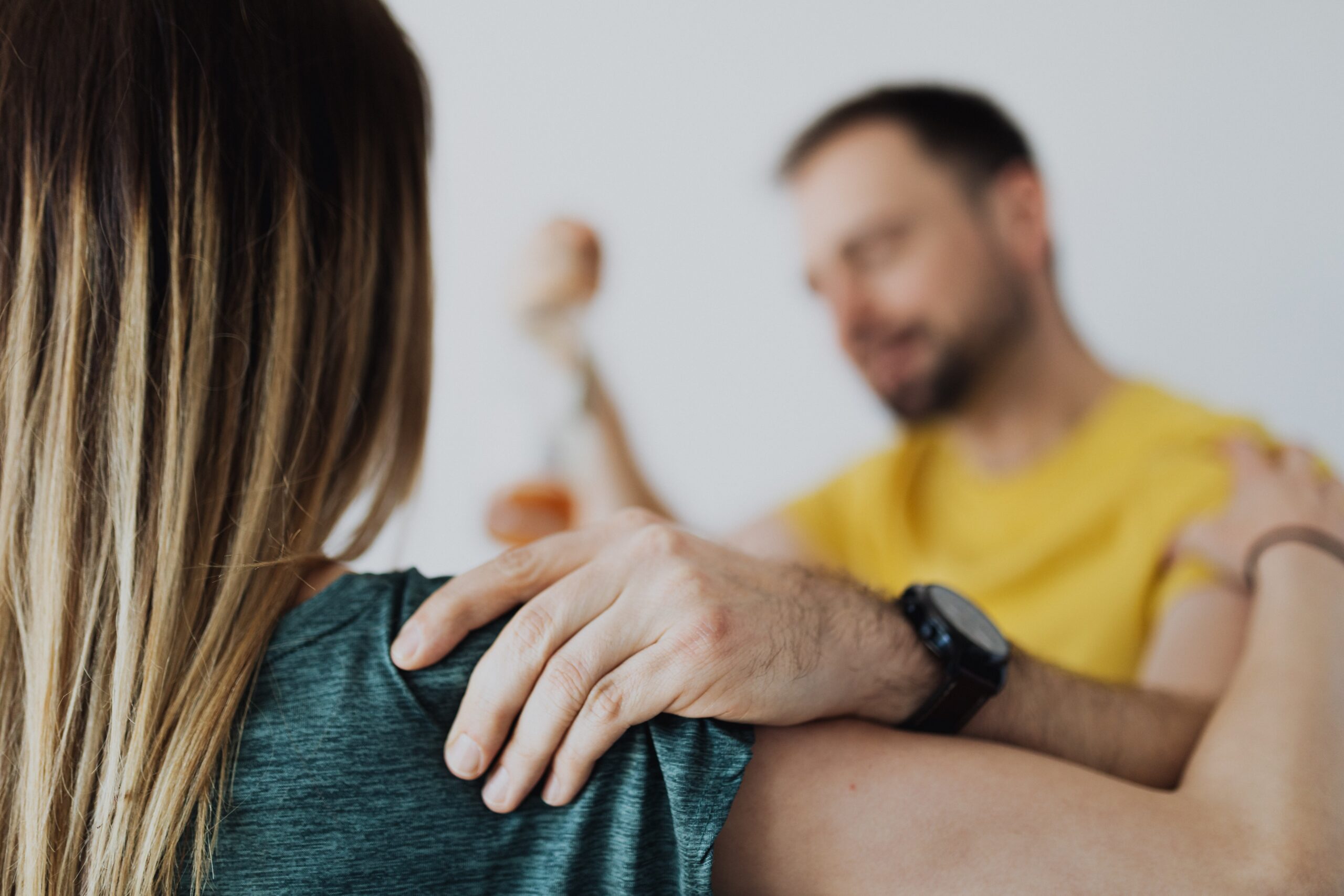Domestic abuse and coercive control are serious societal problems that can affect anyone, regardless of gender, race, age, sexual orientation, religion, or economic status. While physical violence in relationships garners significant attention, emotional and psychological abuse that seeks to dominate, isolate, and control a partner is also extremely harmful. Understanding the root causes that lead someone to engage in these unhealthy behaviours is crucial for prevention and intervention.
Power and Control Dynamics
Domestic abuse and coercive control often stem from an imbalance of power and control within a relationship, a phenomenon that can affect anyone. This power dynamic can emerge from various factors, such as socioeconomic disparities, differences in personal values and beliefs, or past traumas. When one partner seeks to assert dominance and control over the other, it creates an environment ripe for abuse.
The desire for power and control over a partner often leads to attempts to dominate through criticism, isolation, economic control, gaslighting, and even physical or sexual violence. This entitlement is learned from broader sociocultural attitudes about gender roles and acceptable behaviour in relationships. Stereotypical norms of male superiority and aggression can contribute to domestic abuse, but it’s essential to recognise that women can also be controlling and violent in relationships.
To combat these harmful dynamics, we must emphasise promoting healthy relationships built on mutual trust, respect, honesty, and autonomy, regardless of gender or other characteristics.
Adverse Childhood Experiences
Adverse childhood experiences, such as witnessing domestic violence in one’s family of origin or experiencing abuse oneself, can establish unhealthy relationship templates that are continued into adulthood. The trauma of being victimised as a child and the learned coping mechanisms that develop can lead some individuals to perpetuate the cycle of violence later in life.
Addressing adverse childhood experiences is crucial, and this requires counselling, parenting education, and support for at-risk families. By providing resources and intervention for those who have experienced trauma in their formative years, we can break the cycle of abuse.
Economic Stressors
Economic insecurity and poverty can also play a role in perpetuating abusive tendencies in relationships, as financial dependence and a lack of resources can limit options for leaving an abusive relationship. Economic stressors can affect individuals of any gender, making it essential to provide resources and assistance to families facing financial difficulties.
Addressing the underlying economic issues is vital to reduce the risk of abusive behaviours within relationships, regardless of the gender of those involved.
Mental Health Challenges and Substance Abuse
Mental health issues such as depression, anxiety, PTSD, and personality disorders characterised by manipulation may underlie coercive and controlling actions, as can substance abuse and addiction. These factors can affect people from all walks of life and should be addressed through accessible mental health services and support for those in need.
It is important to remember that while these factors may contribute to abusive behaviours, they do not absolve abusers of responsibility for their actions. Domestic abuse ultimately stems from a desire for power and control over one’s partner, manifesting in entitlement, disrespect, and dehumanisation.
Prevention and Intervention – What Can We Do?
Preventing domestic abuse requires a multifaceted approach that includes promoting healthy relationships, addressing adverse childhood experiences, and providing support for individuals struggling with mental health challenges and substance abuse.
Abusers should be held accountable through the legal system and be required to undergo counselling or therapy to address underlying mental health issues and change abusive thought patterns and behaviours.
Family, friends, coworkers, and community members all have a role to play in speaking out against unhealthy relationship power dynamics when they witness them. With compassion for victims and perpetrators alike, we can interrupt the cycle of abuse and strive for healthier, more equitable relationships and communities for all.

